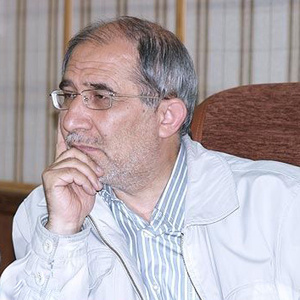Dispense with Your Anti-Iranian Agenda

Here’s another typical outburst denying Iranian history: Secretary General of the [Persian] Gulf Cooperation Council Abdurrahman al-Attiyah has claimed that Arabs have dwelled on the eastern side of the Persian Gulf for three millennium, while Iranian presence in the region goes only back five centuries, from the time of the Safavid Empire.
To have a better understanding of Mr. al-Atiyyah’s historical claim, a look at the context in which the Gulf Cooperation Council was formed is worthwhile: the council was, in fact, established in the early 1980s to serve as a support team for Saddam Hussein—who at that time had embarked on a bloody war against Iran to protect “the eastern gates of the Arab nation”—and to facilitate a coherent stance against Iran among the weaker Arab states of the Persian Gulf. Essentially (and crucially), the council was founded on anti-Iranian grounds. No decision that could possibly undermine Saddam’s position came out of council sessions in its early years, as the Iraqi tyrant was busy in a holy quest against revolutionary Iran.
The GCC has unfortunately tried to preserve its political identity in the post-war era not through cooperation with other littoral states -most importantly Iran- but via friction. The question of sovereignty over the Iranian-ruled Triple Islands of the Persian Gulf (Lesser and Greater Tunb, and Abu Musa) –disputed by United Arab Emirates - has never been dismissed from the council’s agenda. Every resolution issued after a GCC summit has supported the baseless claims made by UAE, and parroted by the secretary general on request. It is unfortunate for the GCC and its supporters, one supposes, that such claims have always lacked any legitimacy as history and international law attest to Iran’s right to control the islands.
Inviting Iran and Iraq to join the council is a must if the GCC wants to be a bona fide organization representative of its title. Maritime and economic affairs—practically ignored by a council that seems preoccupied with not losing its anti-Iranian political identity—could serve as the best grounds for cooperation. Despite the fact that oil-rich states constitute the council, cooperation on energy issues has also been largely overlooked.
The time has come for the council to transform its agenda—and turn itself into the Persian Gulf Cooperation Council—by inviting Iran and Iraq to join. If it does, it could turn into an economic powerhouse of Muslim neighbors. And, as the expression goes: better late than never.
Dr. Hosein Ala’i is military expert and Middle East affairs analyst.

